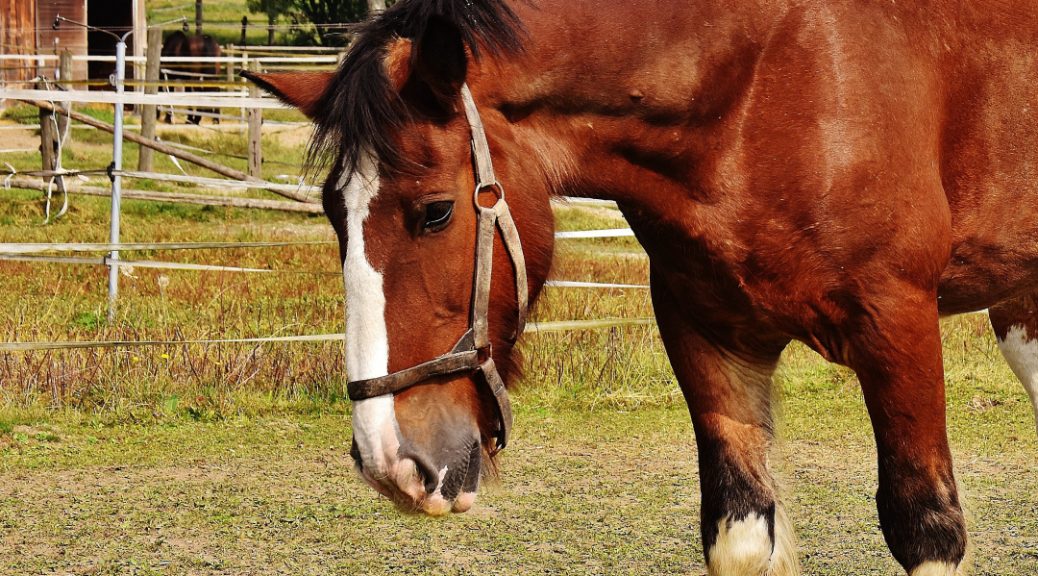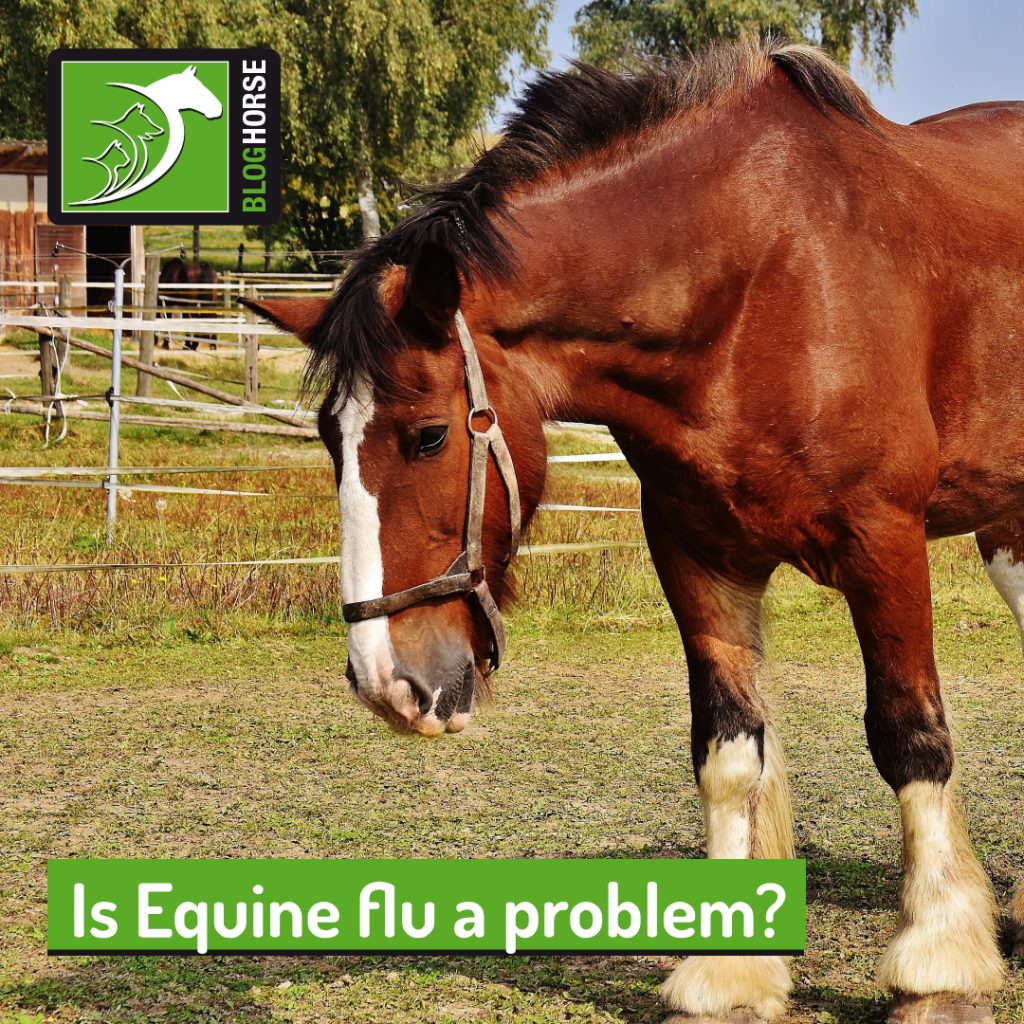Have you heard of Equine influenza? Also called Equine flu, this highly infectious disease affects the respiratory system of horses and donkeys, and it can quickly make itself at home in your yard!
These strains of viruses exist all over the UK, sometimes causing outbreaks that have forced many equestrian events to be delayed or cancelled and the halting of any movements of animals in the affected areas. As unvaccinated or otherwise vulnerable horses can suffer from a severe form of this disease, biosecurity and vaccinations are vital to ensure that your horses won’t be severely ill or prevented from entering competitions.
Learn everything about Equine influenza and how to stop it from entering your yard in our blog post.
What is equine influenza?
In the UK, this disease is commonly caused by two Equine influenza virus strains, the H7N7 and the H3N8. As with other viruses, these tend to continuously mutate and become more adept at causing larger-scale infections or outbreaks.
If your horse gets infected, you can spot:
- Fever;
- Depression and decreased appetite;
- Persistent dry cough;
- Clear nasal discharge that might evolve into a thick mucus discharge.
Animals that are young, unvaccinated or that have compromised immunity are more likely to suffer from a severe or even debilitating form of Equine influenza, possibly requiring veterinary intervention to avoid breathing issues or more severe respiratory infections.
Should I be worried that my horses might catch it?
Equine flu is a concern for all horse owners!
Equine influenza is endemic to the UK and extremely contagious, being able to spread from infected horses to your whole herd in no time. This is particularly important for owners who often travel to shows or events where many horses are gathering.
However, even if your horse never leaves his or her enclosure and you bring no other animals in, they are still at risk of getting or spreading this virus as it’s also very easy to catch it from droplets in the environment. Shared equipment, clothes, tack or bedding can all be important sources of infection, which means that any visitors to your yard might bring this disease with them.
Is there anything I can do to prevent equine influenza?
Vaccination is the best way to help prevent any issues with equine flu, and it is recommended that all horse owners vaccinate against it regularly. Not only will it help significantly to reduce the risk of serious illness but it will also increase herd immunity, helping prevent future outbreaks across the country.
In addition to a good vaccination programme, it’s recommended that you have effective cleaning, monitoring and quarantine protocols in place to limit viral spread.
If you’re concerned with the biosecurity in your yard, your vet can help you identify any points that could be improved and put better measures in place, so you can avoid not only Equine influenza but many other infectious diseases!
In summary:
- Equine influenza is a common viral infection that can cause severe problems in yards;
- We recommend you keep all of your horses vaccinated against Equine Influenza, even if they do not contact any other horses;
- If your horse travels frequently or you often bring in new animals to your property, don’t forget to vaccinate, quarantine and watch them as needed;
- In the case that one of your animals is struggling with breathing, fever or lethargy, don’t forget to talk to your vet as soon as you are able!
Would you like to know more about horses? Check our Equine Courses:
Equine courses

